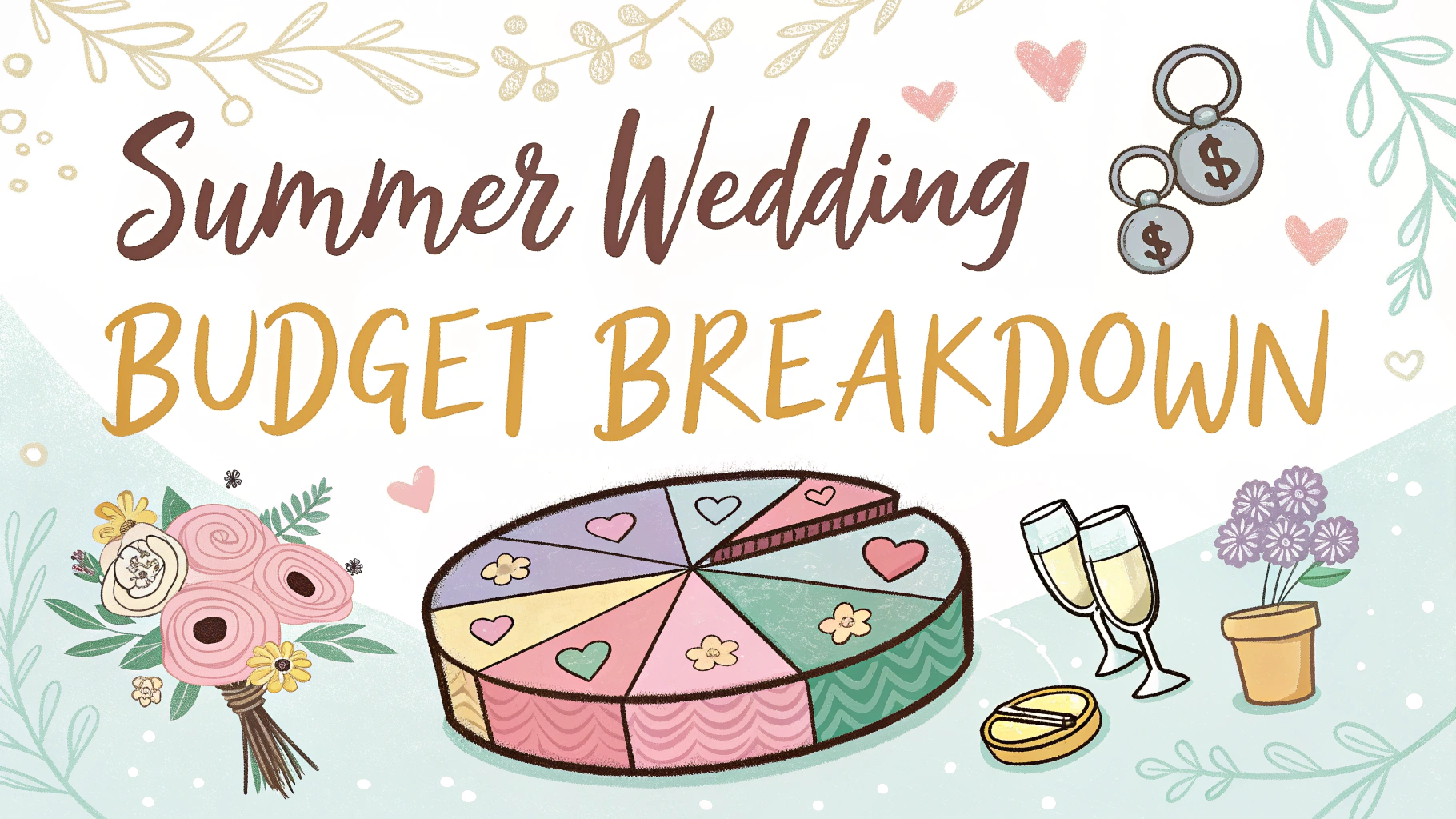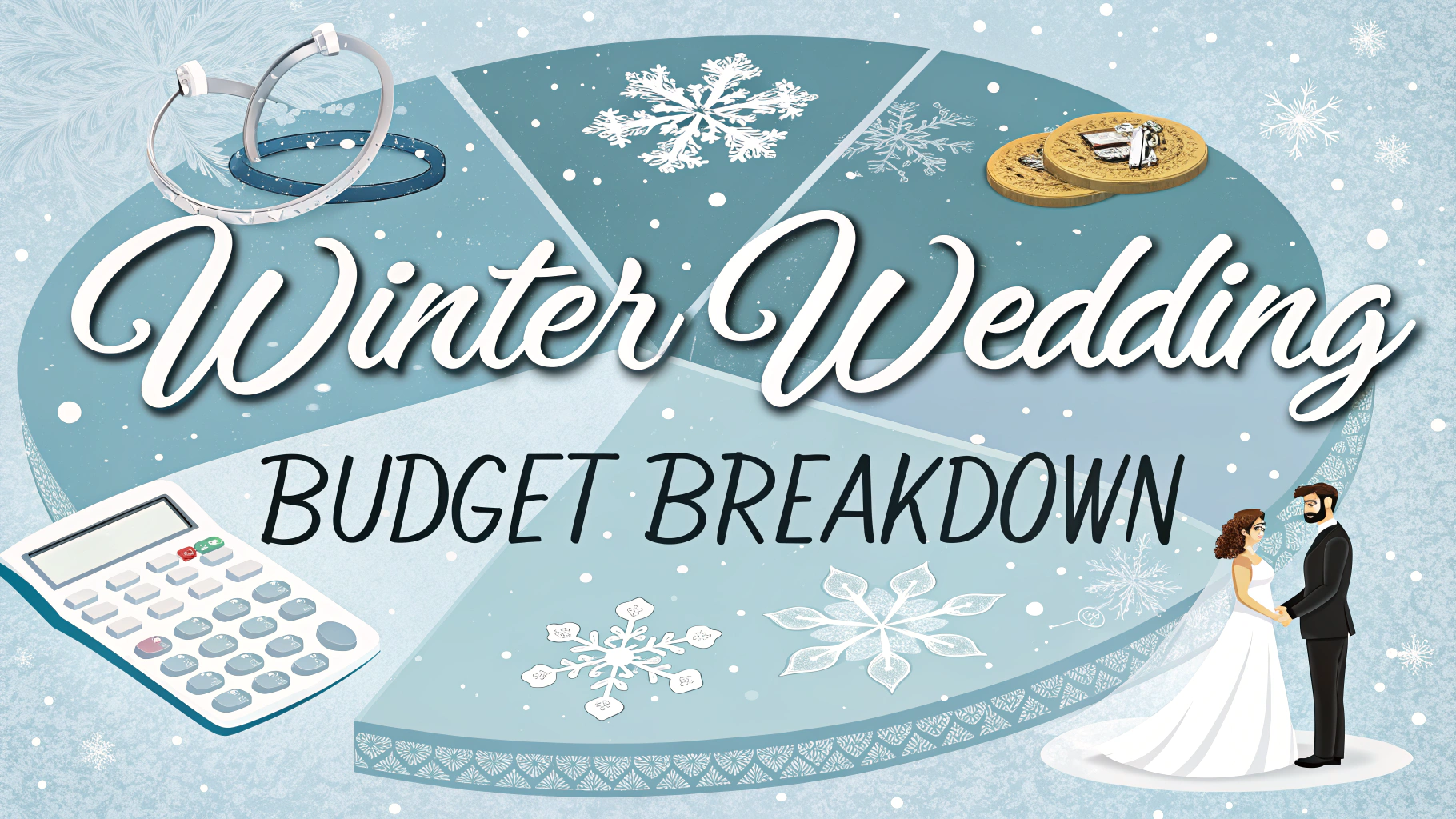Finding and managing wedding vendors can feel like navigating a complex maze, but having access to a well-organized directory makes the process smoother for couples planning their special day.
A good wedding vendor directory serves as a centralized hub where engaged couples can discover, compare, and connect with professionals across various specialties – from photographers and caterers to florists and venues.
This guide walks you through the key features to look for in wedding vendor directories and how to make the most of these valuable planning tools.
Essential Directory Features
- Detailed vendor profiles with portfolios
- Verified customer reviews and ratings
- Clear pricing information and packages
- Direct messaging capabilities
- Availability calendars
- Location-based search options
Popular Wedding Vendor Directories
| Directory | Notable Features | Best For |
|---|---|---|
| WeddingWire | Review system, planning tools | Comprehensive vendor search |
| The Knot | Style quizzes, budget tracker | All-in-one planning |
| Zola | Registry integration, website builder | Modern couples |
Searching Tips for Couples
- Filter by location first to find vendors who serve your area
- Read recent reviews from past couples
- Compare pricing across multiple vendors
- Request sample work or portfolios
- Check availability for your date before deep discussions
Red Flags to Watch For
- Missing contact information
- No recent reviews or updates
- Unclear pricing structures
- Poor response times to inquiries
- Limited or outdated portfolio samples
Making Contact with Vendors
When reaching out through a directory, include your wedding date, location, and specific requirements in your initial message.
Keep communication records within the platform when possible for better organization and protection.
Request a consultation or meeting before making any commitments or deposits.
Smart Planning Next Steps
- Create a shortlist of 3-4 vendors per category
- Schedule consultations within the same week for easier comparison
- Ask for references outside the directory
- Review contracts carefully before signing
- Keep backup options noted for essential services
Moving Forward with Confidence
Remember to trust both the data (reviews, ratings) and your instincts when selecting vendors through directories.
Take advantage of directory messaging and organizational tools to streamline your planning process.
Consider premium directory memberships if planning a larger wedding with multiple vendors.
Vendor Communication Best Practices
Maintaining professional and clear communication with vendors ensures smooth planning and execution of your wedding vision.
- Set up a dedicated email folder for vendor correspondence
- Document all agreements and changes in writing
- Establish preferred communication methods early
- Create a shared timeline for deliverables
- Keep backup contact information handy
Managing Multiple Vendors
Timeline Coordination
Create a master schedule that includes all vendor arrival times, setup requirements, and key moments during the event.
Budget Tracking
- Monitor deposits and payment schedules
- Track any additional fees or changes
- Keep contingency funds for unexpected costs
- Document all transactions through the directory platform
Directory Premium Features Worth Considering
- Advanced vendor filtering options
- Direct scheduling tools
- Contract management systems
- Budget tracking integrations
- Priority vendor response times
Building Your Wedding Dream Team
Success in wedding planning comes from leveraging directory tools effectively while building meaningful relationships with your chosen vendors. Stay organized, maintain clear communication, and trust the process of finding professionals who align with your vision and values.
Remember that directories are tools to facilitate connections, but the final success of your wedding day depends on the solid partnerships you build with your selected vendors.
Take advantage of directory features to streamline your planning, but don’t hesitate to move conversations offline once you’ve established trusted vendor relationships.
FAQs
- How do I verify a wedding vendor’s legitimacy before booking?
Check their business license, read verified reviews, ask for references, verify insurance coverage, and request to see their portfolio of past work. - What should be included in a wedding vendor contract?
The contract should detail services provided, pricing, payment schedule, cancellation policy, overtime rates, specific dates/times, deliverables, and contingency plans. - When is the best time to start booking wedding vendors?
Popular vendors should be booked 12-18 months in advance, especially for peak wedding season. Venues, photographers, and caterers should be prioritized first. - How much should I expect to pay as a deposit for wedding vendors?
Most vendors require 25-50% of the total cost as a deposit, with some requiring up to 50% upon booking and the remainder due before the event. - What insurance should wedding vendors have?
Vendors should carry liability insurance, professional indemnity insurance, and equipment insurance. Some venues require vendors to show proof of insurance. - How do I handle vendor pricing negotiations?
Compare multiple quotes, ask about package customization, inquire about off-season or weekday discounts, and get all negotiations in writing. - What questions should I ask potential wedding vendors?
Ask about their experience, backup plans, specific services included, coordination with other vendors, timeline requirements, and whether they have worked at your venue before. - How can I ensure vendors will coordinate effectively with each other?
Hire a wedding planner or coordinator, create a vendor contact list, schedule a venue walkthrough with key vendors, and establish a clear timeline for the day. - What are the red flags to watch for when hiring wedding vendors?
Be wary of vendors who resist contracts, demand full payment upfront, have no reviews or references, lack proper insurance, or show unprofessional communication. - How do I handle vendor meals and breaks during the wedding?
Plan for vendor meals in your catering count, specify meal requirements in contracts, and create a break schedule that ensures continuous service coverage.







